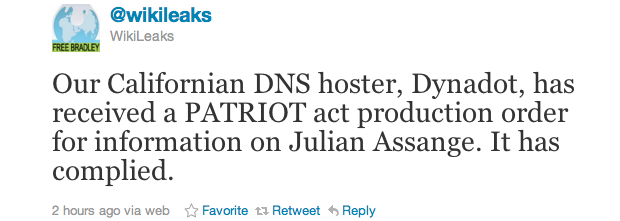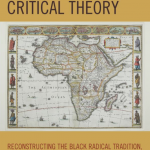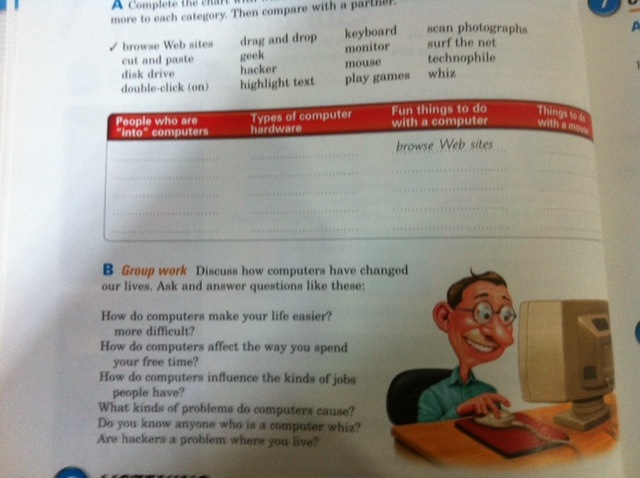… worth reading:
Copy me: Technological change and the consumption of music
CC-by-sa 3.0 2009 by Nick White
For those who worry about the cultural, economic and political power of the global media companies, the dreamed-of revolution is at hand. The industry may right now be making a joyful noise unto the Lord, but it is we, not they, who are about to enter the promised land. (Moglen 2001)
Introduction
Technological changes have political implications. Changing the way we interact with things encourages a reconsideration of the rules and institutions that have governed previous interactions with them.
The current debate about copies of recorded music using the Internet is an excellent example of this, and by examining it one may better understand the relations between people and recorded music, and between listeners and the traditional publishers of music.
While undoubtedly a great deal may be usefully said and examined in other technological changes in music recordings, I will here focus primarily on filesharing, as it is something I have been somewhat involved in myself, and hence I have significantly more knowledge ‘from the inside.’
I will begin by discussing traditional definitions of ‘commodity,’ and then move on to a very brief overview of historical trends in copying and music recording. I will also touch upon the printing press in order to discuss the creation and rationale behind copyright laws, which form a major part the present filesharing debate. I will then go into greater depth into the current practises of people who share music on filesharing networks, and the response by the recording industry, before embarking on an analysis of the meaning and significance of some of these new practises and dialogues.
It should be noted that I’m speaking primarily of England and the United States of America, and the situation will be somewhat different in other parts of the world.
[…]
Download the paper
or visit http://njw.me.uk/pubs/2009-copyme






